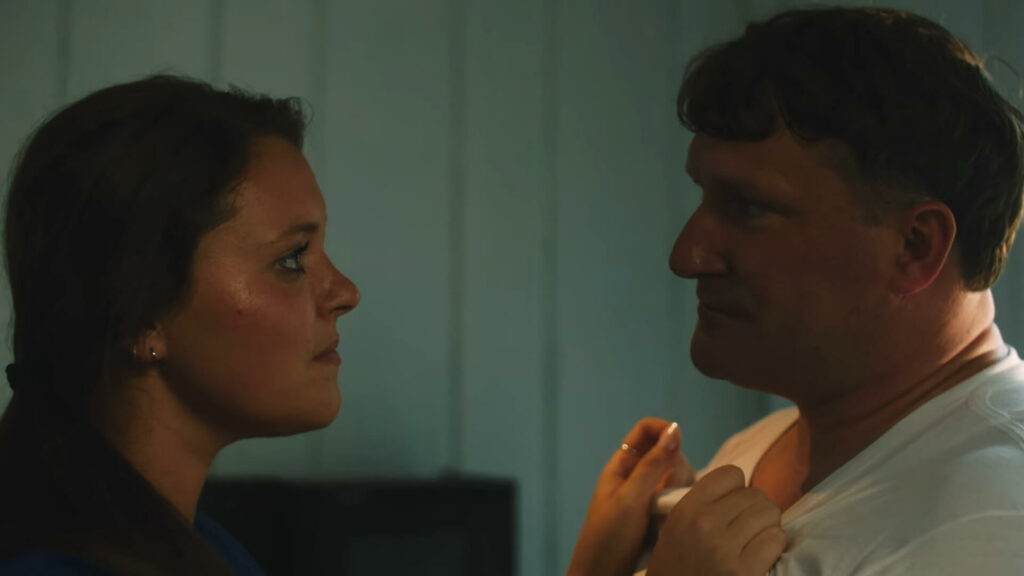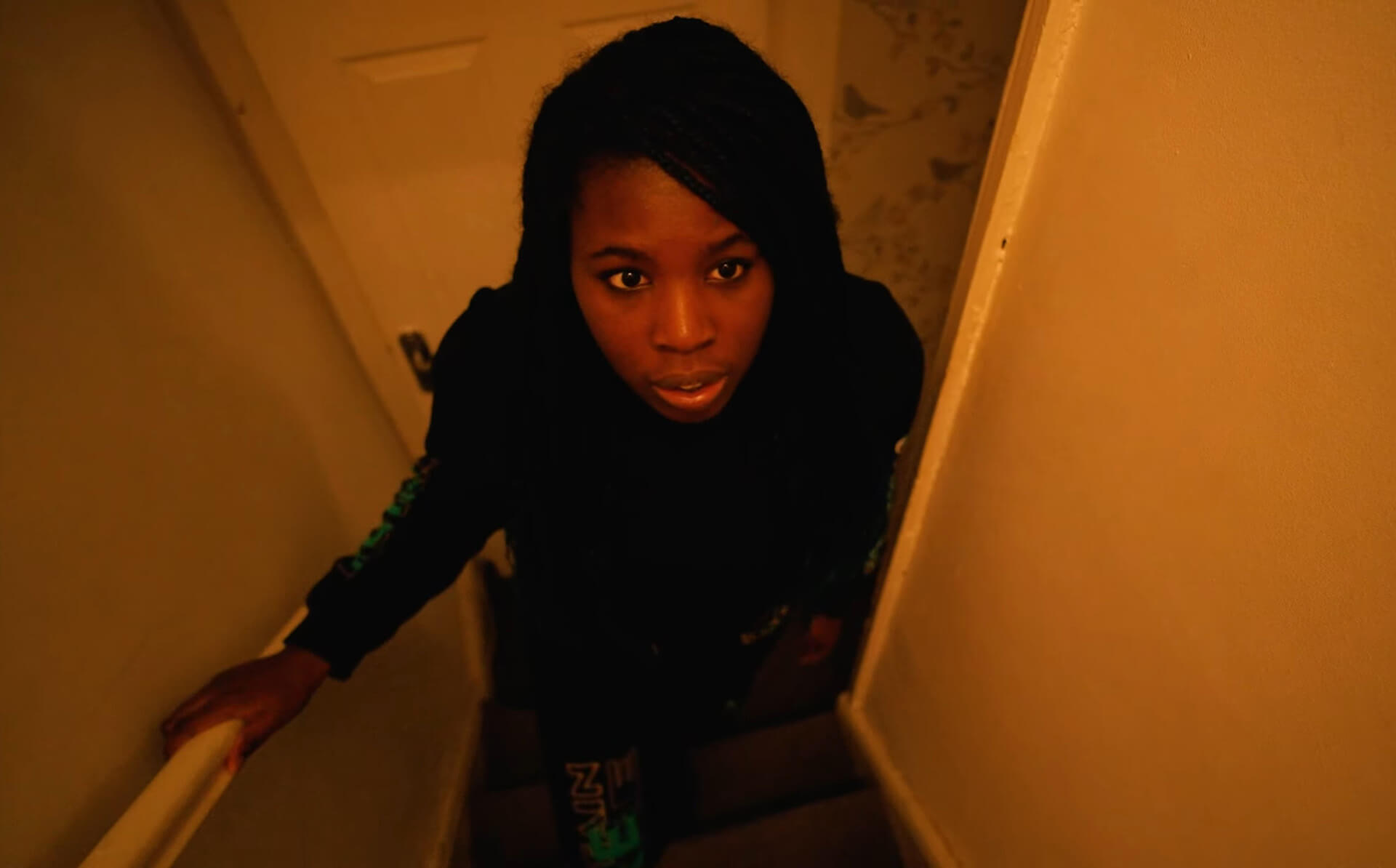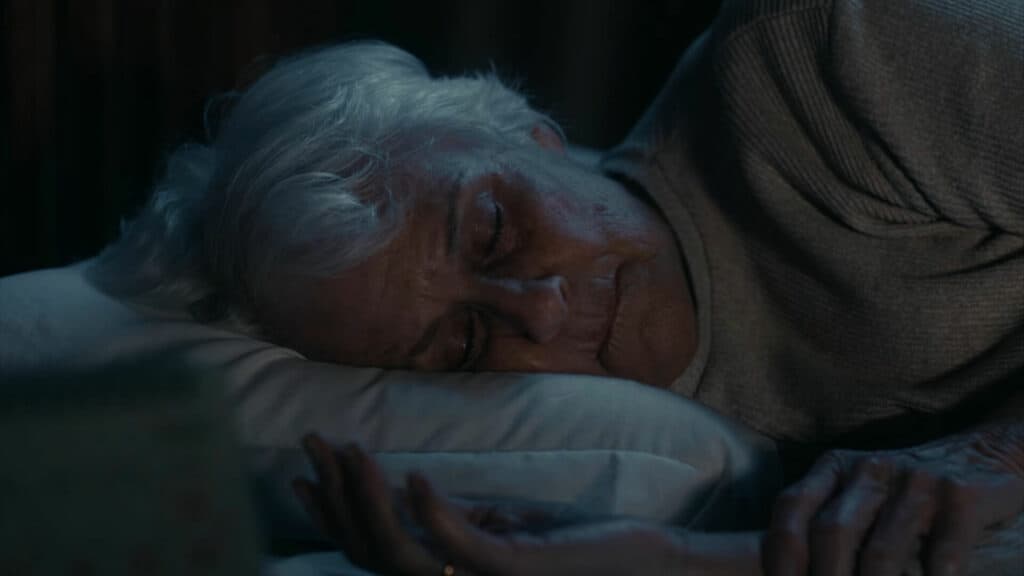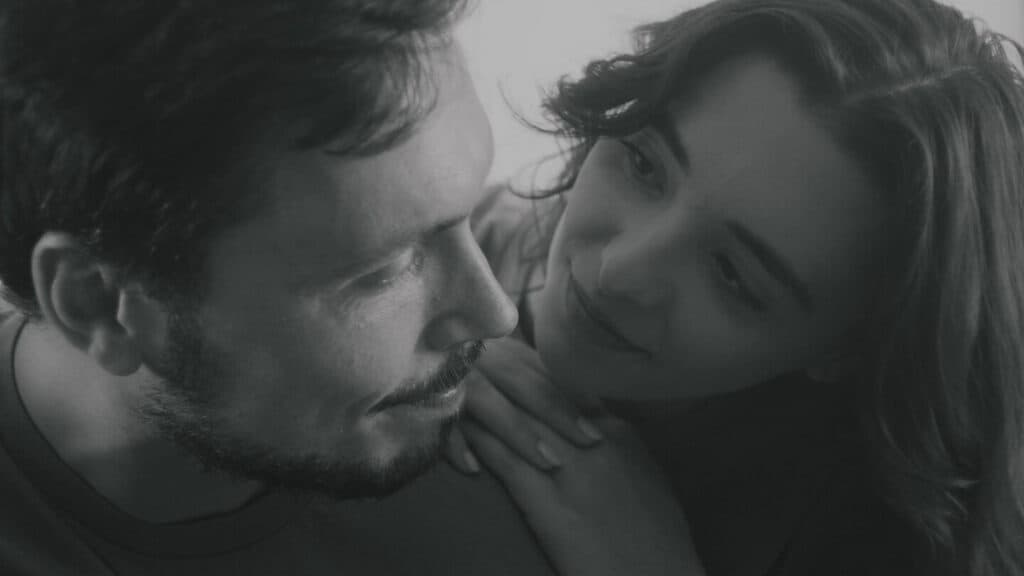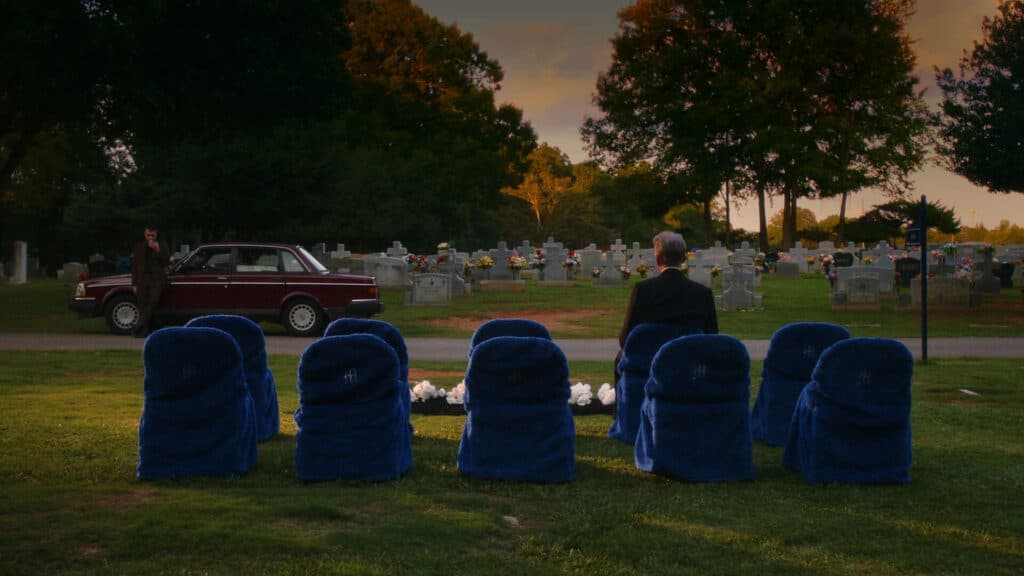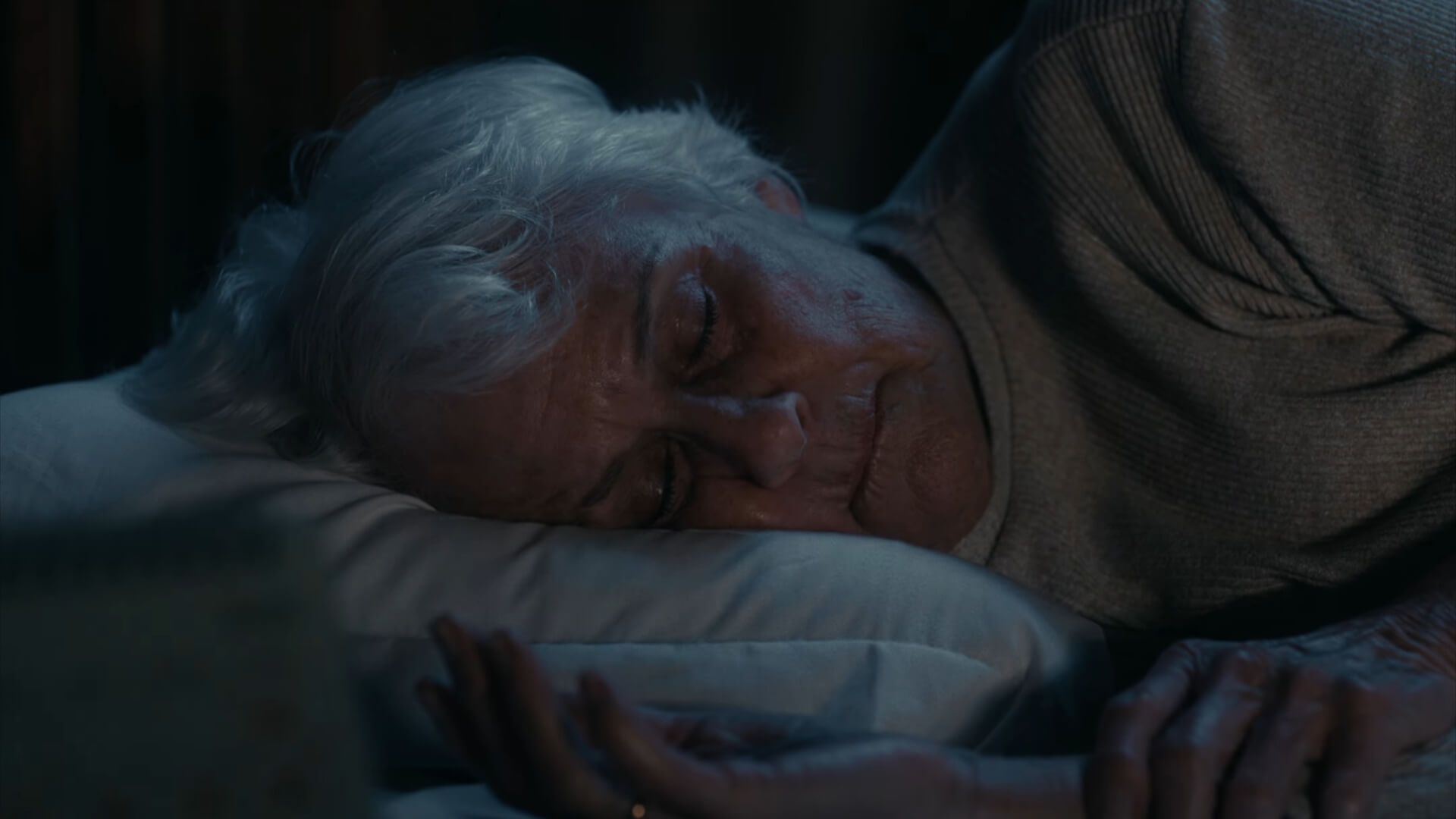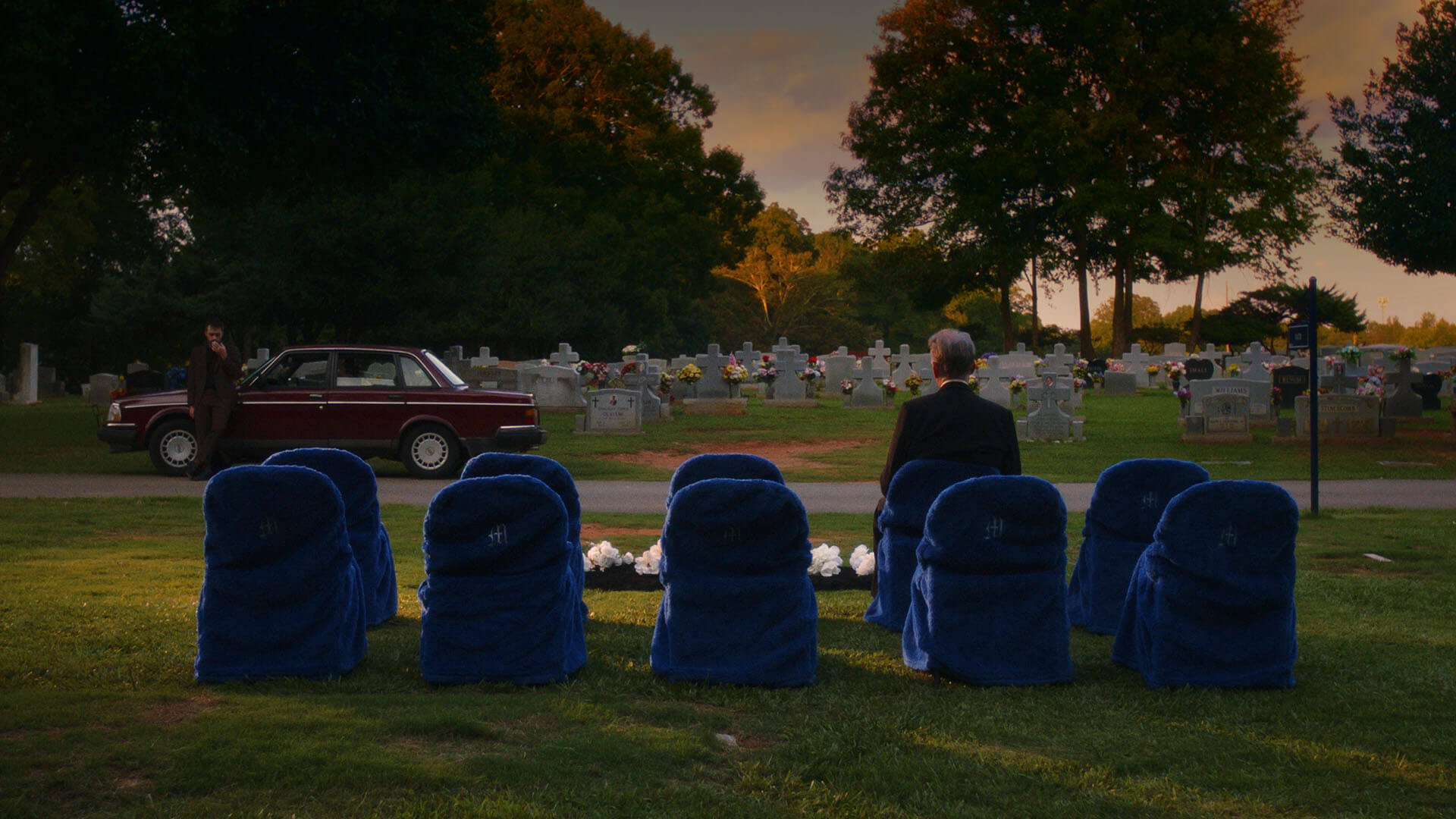Article too long to read?
Elijah Rodiguez’s Genesis is a psychological thriller that brings in elements of trauma, memory & virtual reality, but amongst it all–the fragile nature of the human mind & its relations. It’s taut with suspense, escapism and dread. A simple cast of just 3 actors, the film, at 5:03 minute, is a true example of a psychology meets horror/thriller genre category film.
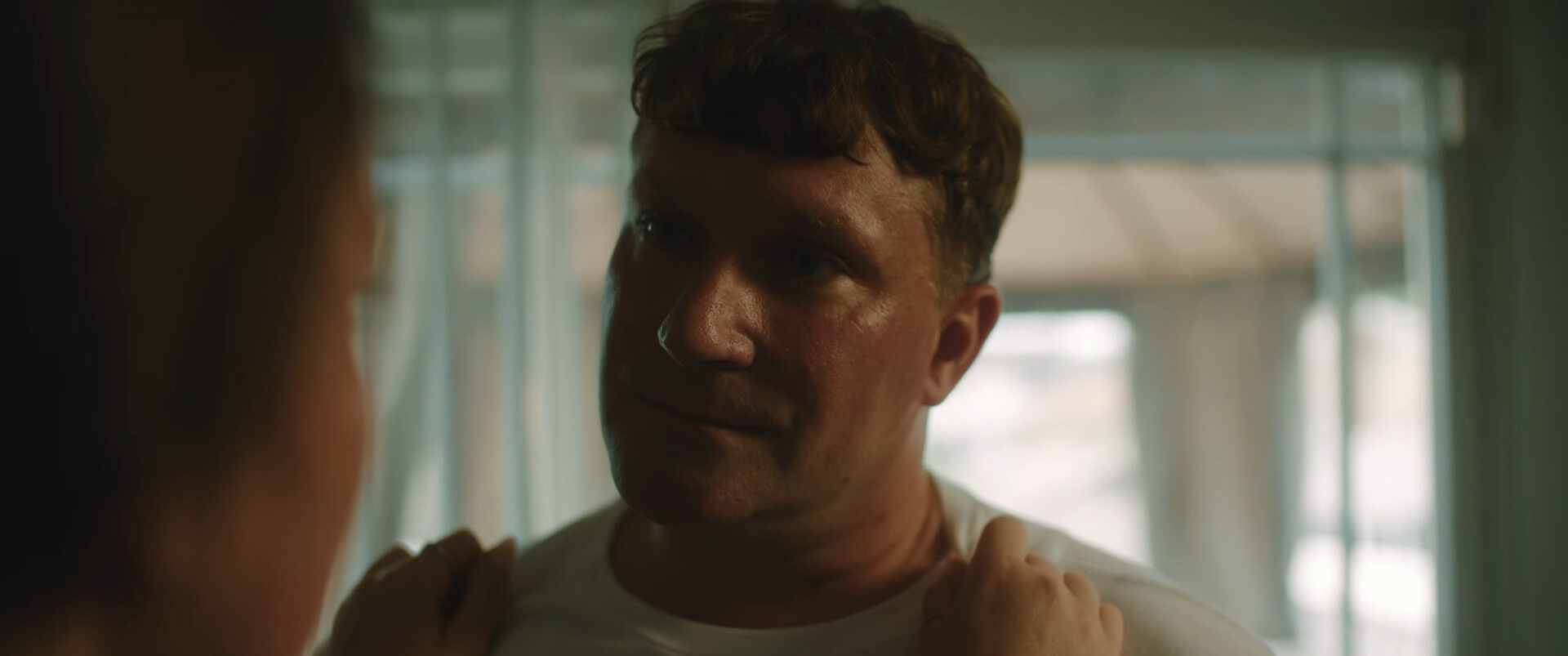
Cinematographer Michael LoVerde has a daunting task at hand. A film that relies on a mise en abyme style of narration is often misunderstood, leaving the audience confused. Genesis, on the other hand, follows a linear narrative, with minimum to no befuddling timeline. LoVerde relies on simple mid and wide shots to emphasise on the setting and the storyline. Grace (Grace Darlington) and Frank (Frank Kosteczko) are enjoying their movie date indoors. The tenderness between the couple is unmistakable. As Grace doses off midway through the film, it leads to an affectionate banter between the duo which is only broken by an intruder. The story remains suspenseful thereafter right until the climax, leading to several theories and assumptions, most notably Grace’s own sense of understanding of her reality.

When Mike Jenkins who plays her husband enters the plot, one begins to question the right from wrong, and the state of affairs, especially when a visibly distraught Grace refuses her reality. Is this a case of maladaptive daydreaming, or virtual reality sabotaging the actual living–we don’t know, yet . What makes Genesis engaging then, one might wonder–its the possibilities. Rodriguez ensures that he isn’t spoonfeeding his audience. He lets the lines linger causing the necessary tension. Close to the climax, one begins to fully grasp the nature of the film and the lessons it tries to impart, and it leaves one in awe of its effective execution.
Kudos, Rodriguez!
About the Author
No comments yet.
Got Something to add to this article?
Your email address will not be published. Required fields are marked *

